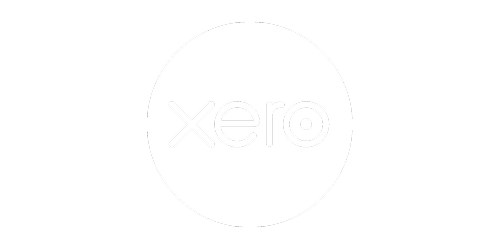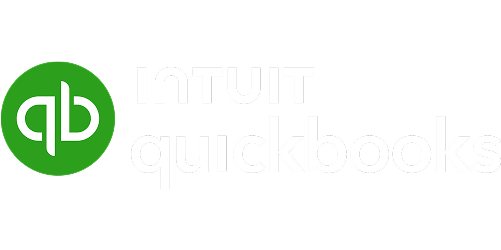1. Paying Superannuation on Time Before Year-End
Super contributions must be received by the employee’s fund by the 28th day of the month following each quarter, with significant penalties for late payments. The June quarter super liability is due by the 28th of July. Importantly, refer to your clearing house payment due date to ensure there is sufficient time for the payments to be received by the employee’s fund.
Consider paying prior to 30 June 2025 to get the tax deduction in the current financial year.
SG Rate Increase – Effective 1 July 2025
The Superannuation Guarantee (SG) rate will rise by 0.5% from 11.5% to 12% on 1 July 2025. While most payroll systems should automatically update, it's best to verify compliance.
2. Instant Asset Write-Off
For the 2025 income tax year, the Australian government has extended the instant asset write-off limit to $20,000. Small businesses with an aggregated turnover of less than $10 million can immediately deduct the full cost of eligible assets under this threshold, provided they are installed and ready for use by 30 June 2025. This initiative aims to support small businesses by enabling deductions on multiple purchases under $20,000, fostering growth and productivity.
Changes for the 2026 Income Tax Year
From 1 July 2025, the instant asset write-off limit will revert to $1,000. Businesses can only claim immediate deductions up to this amount, while assets exceeding $1,000 must follow simplified depreciation rules.
The small business pool remains available for depreciating assets exceeding $1,000. Businesses can claim 15% depreciation in the first year and 30% in subsequent years. If the pool balance falls below the instant asset write-off threshold by the end of the income year, businesses can write off the entire balance.
3. Writing Off Bad Debts Before Year-End
If a customer is unable to pay and recovery of the debt is unlikely, businesses can deduct the unpaid amount in the current tax year, provided it is written off before year-end and was previously included as income. Review your current bad debts and take any necessary action.
4. Closing Stock at 30 June 2025
Ensure you conduct a stocktake on 30 June 2025 of all stock on hand. If you have any obsolete stock as of that date, you may be able to write it off and claim a tax deduction.
5. Committing to Staff Bonuses Before Year-End
Businesses often create provisions for staff bonuses, but a tax deduction is only available if the business is definitively committed to paying the bonus.
To ensure a deduction for the current financial year, appropriate documentation must support approval of bonuses before year-end.
6. Prepaying Expenditure Eligible for Immediate Deduction
Review any expenses that qualify for a discount when prepaid for the next financial year.
This not only offers potential cost savings but could also result in an immediate tax deduction, depending on the expenditure type.
Businesses with turnovers under $50 million are eligible to deduct prepayments covering a service period of less than 12 months. Additionally, all businesses can deduct prepayments that are either legally required or cost less than $1,000.

7. Immediate Deductibility of Start-Up Costs
If your small business was started during the current financial year—or will be before year-end—the start-up costs associated with its formation are deductible.
Eligible expenses include:
- Accounting fees
- Legal costs
- Company incorporation costs
- Trust deed costs
8. ATO Interest Charges incurred on or after 1 July 2025
From 1 July 2025 General Interest Charges (GIC) or Shortfall Interest Charges (SIC) incurred on or after this date is no longer tax deductible. This includes all GIC and SIC in respect of outstanding or late payments of tax for income years both before and after 1 July 2025. This means that your business will pay more to carry a tax debt.
To prepare, you can:
Make Payment – If cashflow permits consider paying the debt off as soon as possible.
Get Advice – Contact our office for personalised advice based on your circumstances. Some interest on loans connected with running a business may be eligible for a tax deduction.
Plan Ahead - Consider setting aside GST, Pay As You Go withholding and super from your cash flow, so you have the funds available when it’s time to pay.










